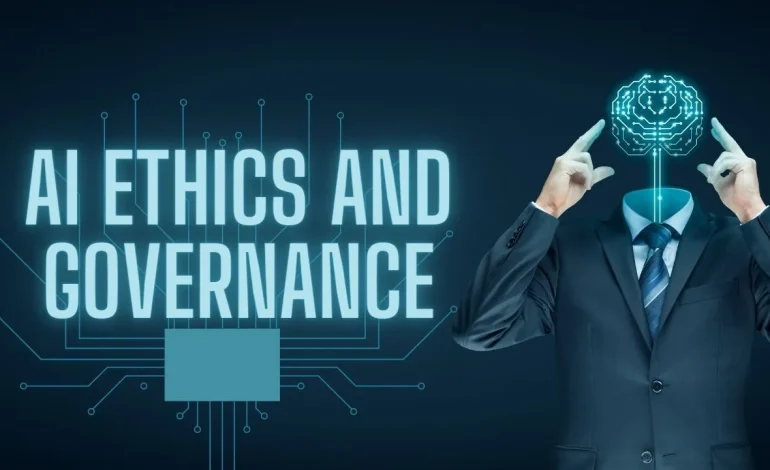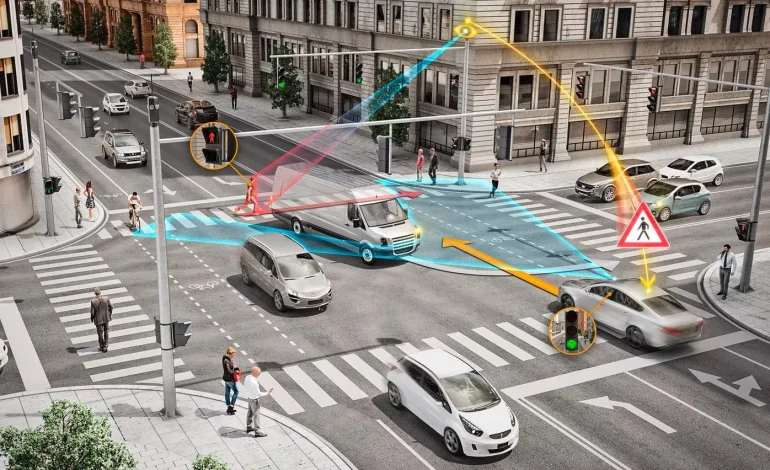
China has established a new AI Ethics Committee to oversee the responsible development and deployment of artificial intelligence across industries, including healthcare, finance, robotics, and smart city applications. The committee, formed under the Ministry of Science and Technology, aims to create guidelines, evaluate emerging technologies, and ensure that AI innovation aligns with ethical, legal, and social standards.
The AI Ethics Committee will provide advisory support to both government agencies and private enterprises. Its responsibilities include reviewing AI applications for fairness, transparency, and safety, as well as promoting accountability in algorithmic decision-making. The committee will also monitor compliance with data privacy regulations, cybersecurity standards, and risk management protocols, particularly in high-impact sectors such as medical diagnostics and financial services.
Industry observers note that the establishment of this committee reflects China’s proactive approach to AI governance, balancing technological advancement with public trust and social responsibility. By formalizing ethical oversight, China aims to foster a sustainable AI ecosystem that mitigates risks related to bias, misuse, and unintended consequences, while enabling innovation to thrive.
The committee will collaborate with universities, research institutes, and technology companies to identify best practices, conduct impact assessments, and develop ethical frameworks applicable to emerging AI systems. Pilot projects in smart cities, autonomous vehicles, and industrial robotics are expected to adopt these guidelines to validate ethical and operational compliance before broader implementation.
Experts highlight that China’s initiative could serve as a model for international AI governance, providing insights into how ethical frameworks, regulatory engagement, and stakeholder collaboration can guide technology adoption responsibly. The move also reinforces national strategies to integrate AI safely into the economy, public services, and everyday life, ensuring that innovation supports both economic growth and societal well-being.







